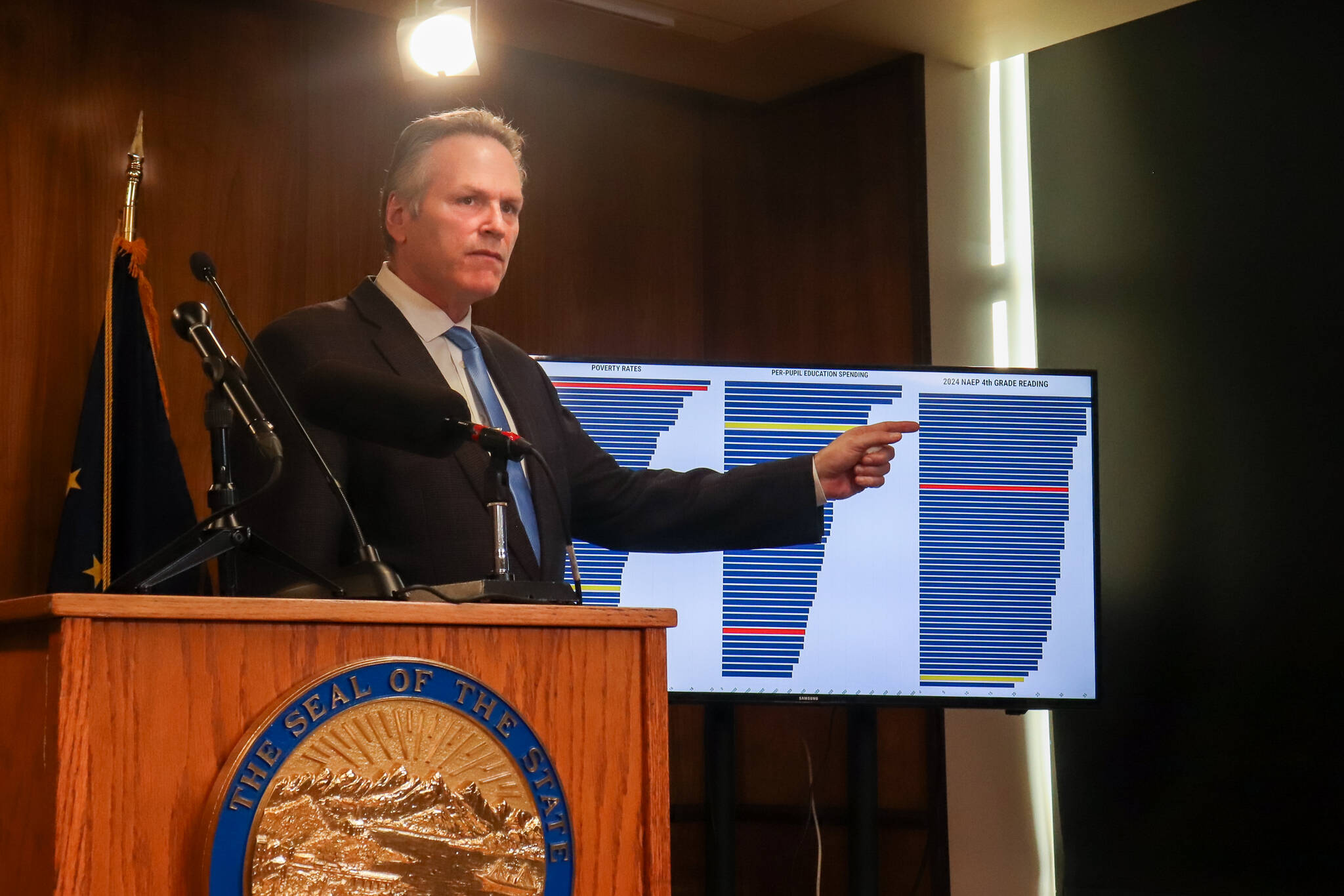As a former educator for over 30 years, I welcome the news that President Trump has signed an EO significantly decreasing the power and authority of the U.S. Department of Education. Since its creation in 1980, despite spending several trillion dollars of taxpayer money, student outcomes continue to fall, at risk students continue to be trapped in failing schools, and the reading and computing ability of American students is dismal compared to their international peers.
While the original intent of the U.S. Department of Education was noble, forcing it to release its grip on education is necessary because it failed in its primary mission, to ensure that every child has access to a quality education. Like all large, centralized departments and programs, it pilfered tax dollars to support a large bureaucracy, which became increasingly inefficient. As it metastasized, the Department took billions of dollars out of state and local economies to create regulations and pay employees, and the financial resources that it provided to the states, was a fraction of what was taken.
The USDOE has also been captured by a political ideology that has been harmful to education in America. The United States was founded on the principals of freedom, risk taking, and hard work. Being rewarded for excellence fueled American ingenuity and economic growth. However, the Department of Education has worked every day to thwart our merit-based system, by rewriting history and promoting DEI in primary, secondary, and post-secondary schools.
The Department has also become a tool of the education establishment. While education associations, such as the National Education Association (NEA) and the American Federation of Teachers (AFT) claim to support the education of America’s youth, they do not. Instead, they use dues taken from hard-working educators to lobby for education policy that directly undermines the values of our country and promotes harmful political ideologies that do not reflect the values of families in our country.
The inability of a large bureaucracy to improve educational outcomes should have been predicable when the department was established. Parents are the best judge of what their children need to thrive and learn. Families working with local educators, within local districts, and with state oversight know how best to prepare students for success as adults. One-sized-fits-all, top-down education policy created in Washington, D.C., thousands of miles away from Alaska, never had a chance to provide the flexibility to meet the unique needs of children in my state or any other.
Rigid federal regulations and overly complex funding rules stifle innovation, making it difficult for states like Alaska to address critical challenges such as rural education, workforce development, and achievement gaps. The Trump Administration’s plans for the department will give states greater flexibility in using federal funds. For example, a block grant approach will empower states to invest in workforce readiness programs, technology integration, and targeted literacy interventions that align with their unique priorities.
Innovation thrives when states have the freedom to experiment. Instead of filtering decision-making through the Department of Education, Congress should shift authority directly to state governments, allowing them to lead in funding allocation, curriculum development, and school accountability. The federal government should step back from unnecessary oversight and instead serve as a limited partner, ensuring compliance with broad national goals while deferring to state-driven solutions.
Critics of the EO argue that it will increase disparity and discrimination, but this action by President Trump does not change national education laws. Federal statutes related to special education and disabled students, and civil rights are still on the books. Both the federal government and states have the legal and moral obligation to ensure, and will, that all students have access to educational opportunities that enable them to be productive citizens of the United States.
As the governor of Alaska, I celebrate President Trump’s EO to free states from the stranglehold of the U.S. Department of Education. Education is most effective when tailored to local needs, not dictated by Washington. By prioritizing state leadership and removing federal roadblocks, we can better utilize federal education dollars and unlock the full potential of America’s schools to ensure that every student receives a high-quality education.
Mike Dunleavy is the 12th governor of Alaska.

